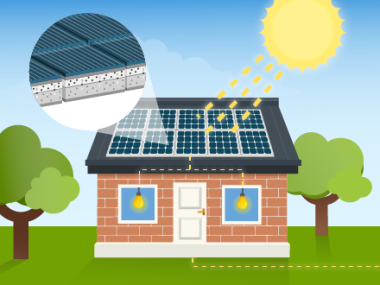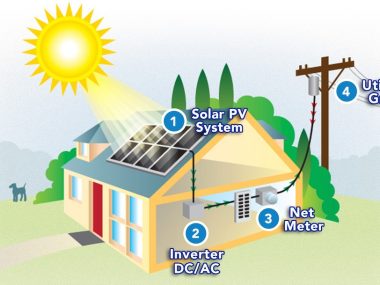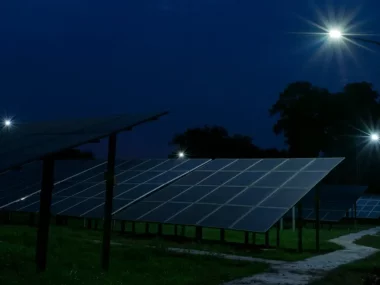4. Job Creation and Economic Development:

5. Health and Environmental Benefits:
Solar power is not only eco-friendly and renewable, but it also does not release any greenhouse gases or air pollutants during its operation. By replacing energy sources that rely on fossil fuels, such as kerosene lamps and diesel generators, solar energy reduces indoor air pollution and the associated health problems, ultimately improving public health.

6. Community Empowerment
Solar energy projects often involve the participation and ownership of the community, empowering residents to oversee their own energy supply. This collaborative approach fosters independence, resilience, and cohesion among community members.

7. Education and Communication
Access to electricity made possible by solar energy creates educational opportunities by powering computers, enabling internet access, and providing lighting for studying at night. Moreover, it promotes communication through mobile phones and other electronic devices, thereby bridging the digital divide in remote areas.

Essentially, solar power plays a varied role in addressing energy poverty in developing countries by providing affordable, reliable, and eco-friendly electricity. Additionally, it opens up opportunities for economic advancement, improved health, and empowerment within communities.
Solar energy can significantly alleviate energy poverty in developing nations by offering a clean, dependable, and sustainable power source. Its cost-effectiveness and accessibility, particularly in off-grid and remote regions, make it an excellent option where traditional energy infrastructure is either unavailable or too costly. Solar energy helps reduce dependence on polluting fuels, leading to notable environmental and health improvements. Furthermore, it promotes economic growth by creating new business opportunities and jobs within the solar sector. The potential for improved educational resources and increased energy self-sufficiency further underscores its value. In summary, solar energy is a crucial factor in enhancing living standards, economic development, and environmental health in developing countries.













